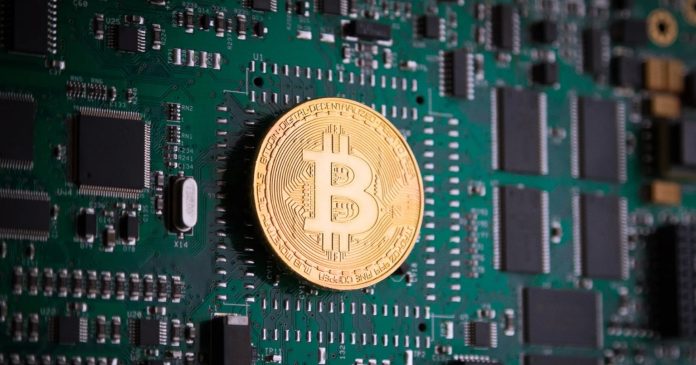Satoshi Nakamoto built Bitcoin to democratize the financial system and break down barriers between centralized institutions such as banks, governments and other powerful entities. His vision was for an open-source peer-to-peer network that would be independent of any single entity or group, providing a more equitable way to send and receive payments without the need for trust in third parties. This ensures economic freedom by allowing users to transact freely on their own terms while avoiding censorship or manipulation from those with too much power over traditional monetary systems. In addition, websites like https://immediate-alpha.com/ will support traders in their trading by improving their skills using the best tools.
The centralization of Bitcoin mining, a result of market competition over the years and driven by cost efficiency, has resulted in large companies dominating the industry. This goes against the fundamental cryptocurrency principle that anyone who participates in the network should have an equal opportunity to mine bitcoins without any artificial barriers or disadvantages created by specialized hardware/software solutions designed for industrial-scale operations. As such, it is very difficult for regular users with conventional computer equipment to successfully compete in this highly competitive environment.
About Bitcoin Mining Centralisation
The world of Bitcoin mining has developed considerably, shifting out of a decentralized method available to anybody with a pc as well as internet access, to a central framework controlled by several important players. This particular change was due to the growing network’s potential as mining became much more competitive. Special chips known as ASICs arose to compete with conventional CPUs and GPUs in performance. The excessive price of ASICs, though, has made a hurdle for most, and it is more complicated by the constant development of newer plus more costly versions.
What are the causes of Bitcoin Mining Centralisation?
- Restricted Entries: It can be extremely costly to begin a Bitcoin mining corporation. Hardware is going to require extensive upfront investment. But that is not as major of a problem as maintaining it as it uses a massive amount of electrical energy and will take many years to make money. As a result of this thought, potential investors might rather subscribe to well-known mining pools than try to locate lesser-known ones.
- Power Costs: Bitcoin mining is an incredibly power-intensive operation, and also the more energy a mine offers, the more it can compete with various other Bitcoin mining activities. Hence, crypto miners usually reside in locations with inexpensive electrical energy. Consequently, mining pools developing in regions with inexpensive power supplies will result in centralization.
- Economies of Scale: Bitcoin mining is an extremely competitive business. Miners who find the solution to complicated hash puzzles and confirm the best blocks remain lucrative. They require costly specialized hardware, like ASICs, to accomplish this. They thus merge and build extensive mining activities to lower costs and enhance profitability.
What are the effects of Bitcoin Mining Centralisation?
- Increase in 51% Attacks: A 51% attack relates to a situation in which a group of miners undertakes measures which work for their very own purposes, utilizing greater than half of the mining hash speed. The possibility of this threat continues while the mining industry will continue to centralize.
- Less Decentralization: Centralizing mining conflicted with the stated aim of decentralizing money by giving too much control to a few institutions. This particular concentration of power looks like the concentration of energy whenever governments are printing money, causing genuine concerns regarding impeded security as well as integrity.
- Control over Blockchain Protocol: Organizations claiming significant command of mining power can affect the advancement of the Bitcoin protocol to work for their very own purposes, as well as the increased risk of a 51% attack. However, when the larger Bitcoin community knows these changes very early, they can reject them.
Disclaimer: This article contains sponsored marketing content. It is intended for promotional purposes and should not be considered as an endorsement or recommendation by our website. Readers are encouraged to conduct their own research and exercise their own judgment before making any decisions based on the information provided in this article.



































